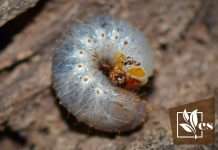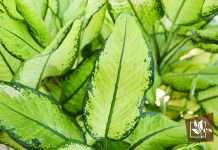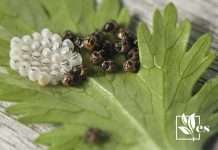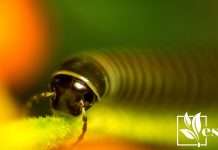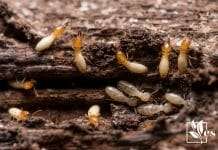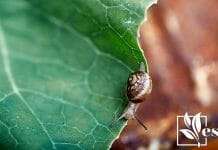Deer are charming creatures, often admired from afar for their grace and gentle demeanor. But for gardeners, deers can spell trouble as they forage for food, especially within a lovingly cultivated garden. I’ve discovered that incorporating certain scents within the landscape can be an effective and natural deer repellent. Strong aromas such as mint and garlic are especially distasteful to deer, deterring them from munching on valuable plants.
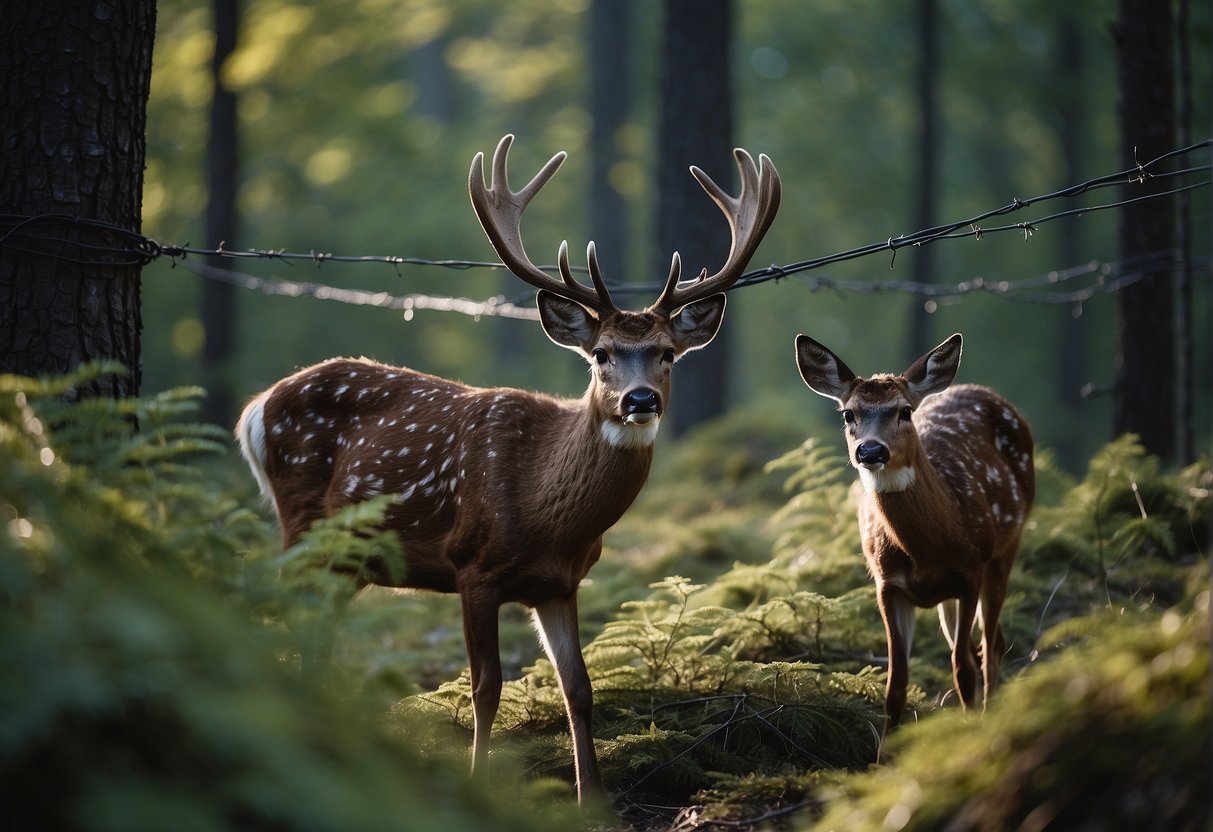
From my experience, deer often avoid areas with a heavy concentration of odors they find unpleasant. For instance, planting mint varieties, like peppermint and spearmint, around the perimeter of a garden can act as a natural barrier. Another method is to distribute substances like human hair or blood meal amongst the foliage, which carry scents that deer find repulsive. Not only do these tactics protect plants, but they also maintain an eco-friendly balance in the garden environment.
Effective deer repellent strategies extend beyond olfactory measures. Physical deterrents play a crucial role as well. Deer tend not to venture into places that require advanced maneuvering, such as steep terraces or unpredictable surfaces. By landscaping thoughtfully and incorporating unfavorably scented plants, we can achieve a deer-resistant garden without causing harm to the wildlife or the surrounding ecosystem.
JUMP TO TOPIC
Deer-Resistant Plants and Flowers
Selecting the right vegetation for gardens frequented by deer can safeguard the beauty and longevity of the landscape. I’ll introduce a variety of plants in different categories known to be less appealing to deer.
Herbs as Natural Deer Repellents
In my garden, pungent herbs are a mainstay. Deer avoid strong-smelling plants, making herbs like mint, sage, rosemary, thyme, and garlic excellent natural repellents. I’ve found these not only to be useful in cooking but also effective in keeping deer at bay without the need for chemicals.
Flowering Plants Deer Dislike
Herbaceous blooms can enhance a garden’s aesthetic significantly, but choosing the right species is essential to deter deer. Salvia and snapdragons are two vibrant and aromatic choices that deer aversion works in favor of the gardener. Similarly, the distinguished scent of lavender is not attractive to deer, which complements its usage as a popular ornamental plant in my flower beds and as a border.
Shrubs and Trees That Deter Deer
When investing in long-term plants, it’s important to pick deer-resistant varieties. Irises are a go-to perennial that adds color without attracting deer, maintaining their bloom year after year. Boxwood is another reliable choice that deer tend to pass over, making it perfect for hedges and garden borders. I’ve always recommended panicle hydrangeas for a hardy shrub alternative—their resilience ensures recovery even from the occasional deer nibble.
Creating an Unwelcoming Garden for Deer
When I want to keep deer away from my garden, certain strategies are more effective than others. The key is to make the garden less appealing to the deer using specific plants, scents, and barriers that they dislike or can’t penetrate.
Strategic Plant Placement
I always start by choosing deer-resistant plants and arranging them strategically. For example, placing highly fragrant or toxic plants around the perimeter of the garden can deter deer. They have an acute sense of smell and are repelled by strong scents. Thistles and spiny plants placed strategically can act as a natural deterrent as well because deer tend to avoid plants difficult to eat due to texture.
Utilizing Scents and Smells That Deer Hate
Deer are especially averse to certain smells, and I take full advantage of this by using repellents containing putrescent egg solids. The odor mimics that of decaying prey, signaling potential predator activity and triggering deer to avoid the area. Additionally, I sometimes hang soap or human hair around the garden, leveraging the fact deer are repelled by human scents.
Physical Barriers and Repellents
To further repel deer, physical deterrents can be extremely effective. A well-constructed fence needs to be tall, as deer can jump high; I find that anything below 8 feet might not be sufficiently deterrent. Alternatively, I use deer repellent sprays as a first line of defense on the plants themselves. These repellents often contain substances that taste bad to deer, so they’re less likely to revisit after an unpleasant taste test. Electric fencing and netting can also provide temporary or seasonal protection, particularly for vegetable gardens or new saplings that are attractive to deer.
Employing Non-Plant Based Deer Deterrents
When faced with the challenges of protecting my garden from deer, I’ve found that focusing on non-plant based deterrents can be incredibly effective. These deterrents can create an invisible barrier that deer are less inclined to cross, ultimately safeguarding my plants from damage.
Natural Repellents and Their Effectiveness
Predator urine, such as wolf urine, is a natural repellent that plays on the deer’s sense of fear. By simulating the presence of predators, these deterrents discourage deer from entering the area. I’ve also used blood meal, which, aside from being a good nitrogen-rich fertilizer for my garden, serves as a strong-smelling deterrent that deer tend to avoid. Essential oils, often derived from plants that deer dislike, can also be used effectively. For example, applying a mixture of vinegar and essential oils around the garden can mask scents that attract deer.
Homemade Remedies Versus Commercial Products
In contrast, commercial deer repellents are usually ready to use and specifically formulated to last longer, sometimes with rain-resistant properties. The effectiveness of homemade versus commercial products can depend on personal preference, budget, and how severe the deer problem is. In my experience, a combination of both strategies can be the most efficient way of keeping deer at bay.
For example, homemade remedies are a quick fix I can whip up with household ingredients, while commercial products offer a longer-lasting solution without the need for frequent reapplication.


